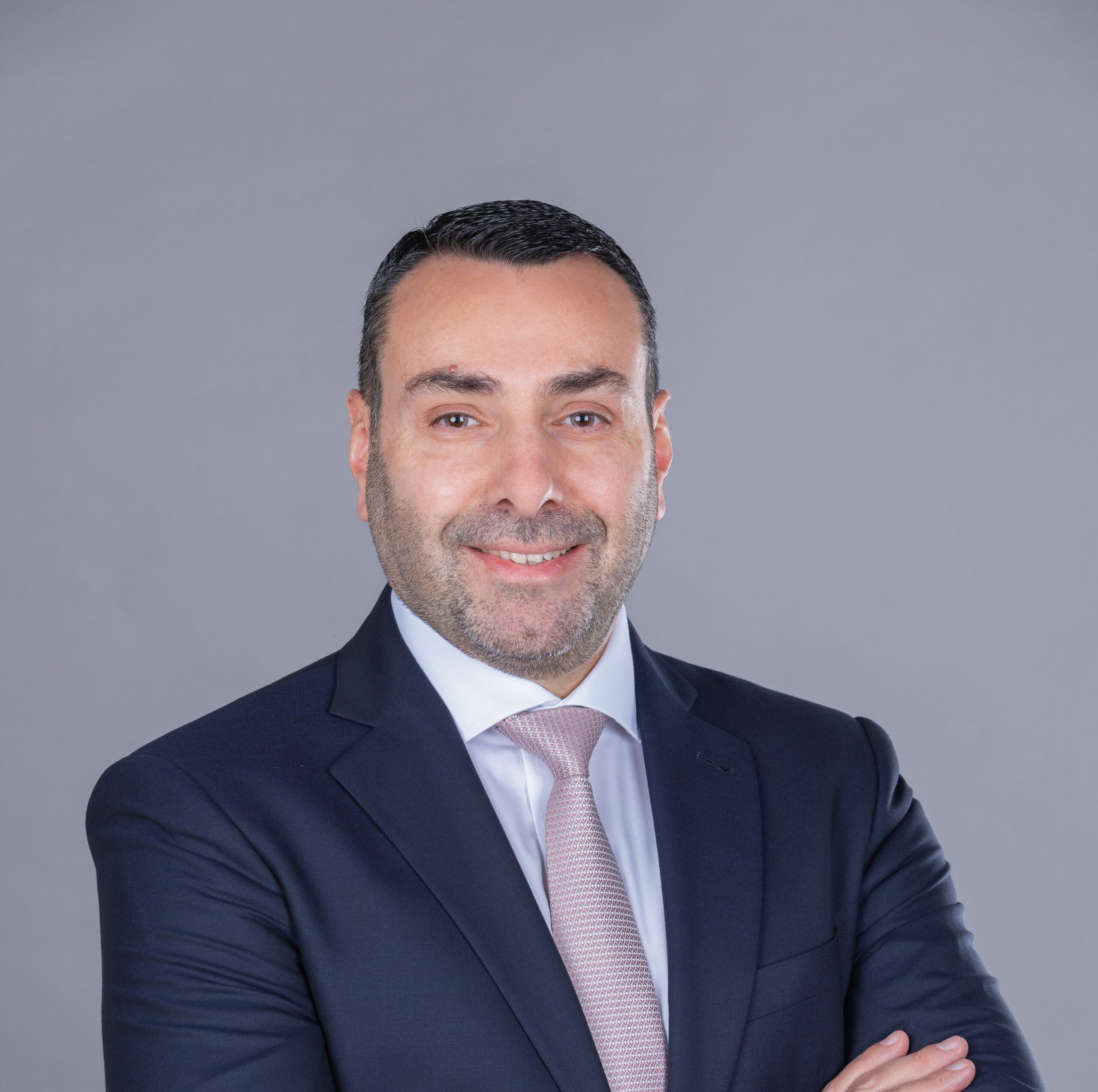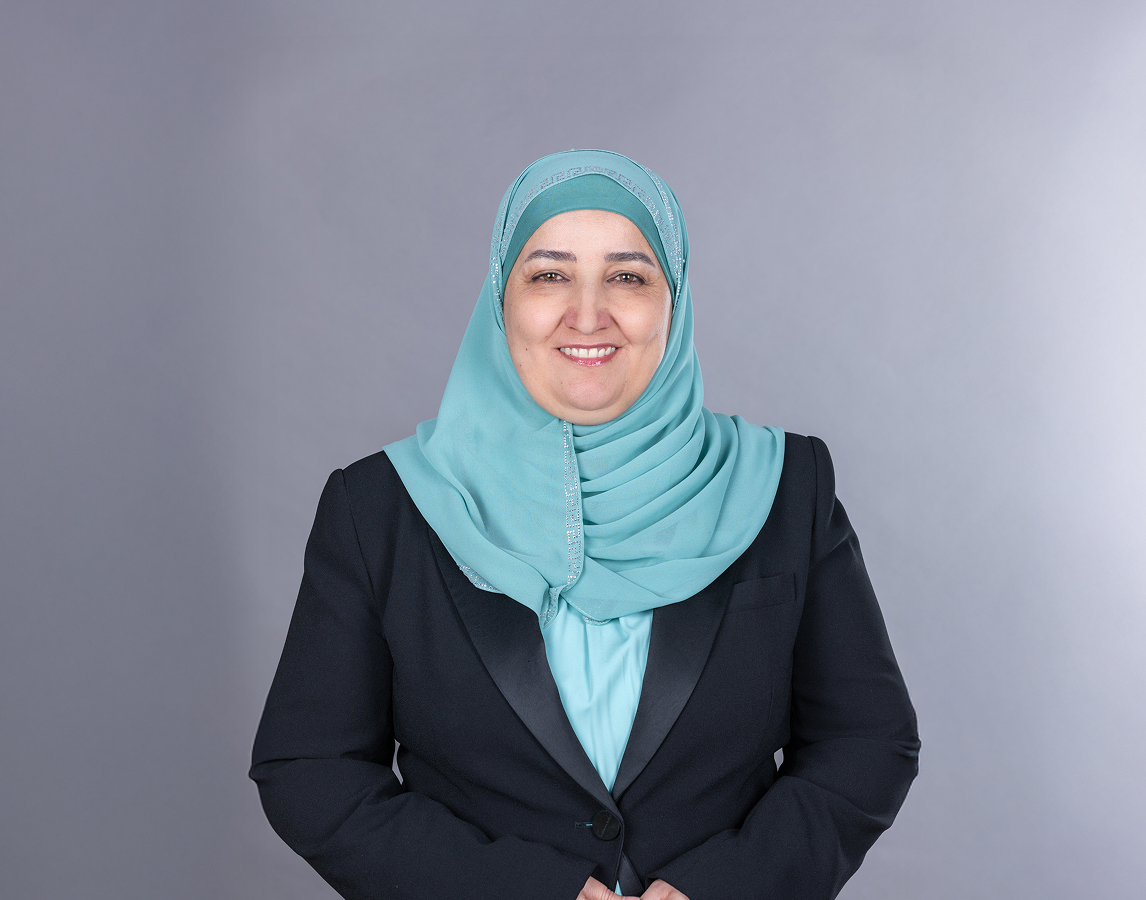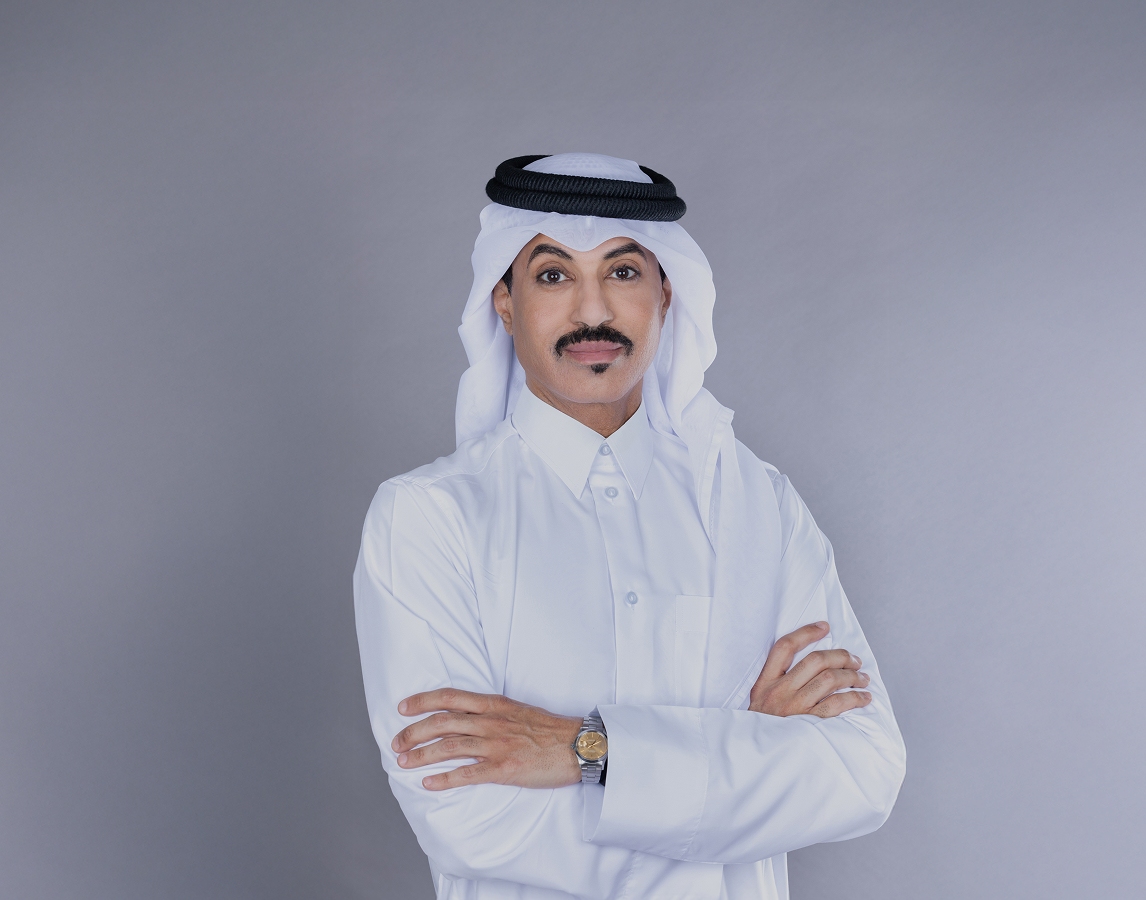Shaping the Future: How Doha’s Global Ministerial Mental Health Summit Fuels Local Action

Dr Slim Slama, CEO, WISH
Mental health is, at last, receiving attention as a pillar of individual and collective well-being. Yet, turning high-level conversations into concrete improvements for people remains a test for our systems, leaders, and global partnerships. The recent 6th Global Ministerial Mental Health Summit in Doha, which was the first of these held in the Middle East, brought a rare chance to gather ministers, experts, and advocates from across the Arab region and beyond, all under a vision of “Transforming Mental Health Through Investment, Innovation and Digital Solutions.” The summit made clear that global ambitions will only matter if we ground them in the realities and hopes of local communities.
From the moment the summit opened, participants sensed both the scale of the challenge and the urgency of action. Over three hundred million people worldwide are in dire need of humanitarian aid, with sixty-six million of them suffering from mental health conditions. These numbers are not just markers on a report; they represent children unable to sleep, parents weighed down by anxiety, and older persons shouldering invisible burdens in silence. Stories shared in the summit’s corridors and meeting rooms- all simple, personal, and sincere- reminded everyone that mental health is the bedrock of our capacity to care for ourselves and those we love.
Rather than dwell on ceremony, the discussions in Doha moved quickly to practical questions: What can countries actually do? How do we make mental health support as essential as access to food, water, or safety? The summit structure itself reflected this intent, grouping delegates, experts, and practitioners into six core streams. The workshops focused on digital innovations to support integrated care, public health responses to substance use, empowering communities to break stigma through national campaigns, prioritising the mental health of children and adolescents, responding to needs in humanitarian crises, and accelerating access to services.
The quality of interaction in these sessions was striking. The workshop on mental health and psychosocial support in humanitarian settings, for example, laid bare the enormous complexities for countries facing war or disaster. As a discussant, I highlighted both the growing willingness of nations to embed mental health in emergency response and the need to further adapt humanitarian approaches to local realities. Others and I made clear, planning cannot rest on blueprints alone- it must be continually shaped by the voices and needs of those most affected.
Looking at the wider global health agenda, the summit’s energy was both forward looking and rooted in honesty about the obstacles ahead. The most significant global gatherings of recent years- from the passage of the World Health Assembly’s landmark resolution 77.3 to renewed United Nations engagement—have created space for mental health to become a mainstream concern of public health policy. Yet, summit delegates were united in their recognition that noble declarations do not automatically yield results on the ground.
This tension is especially felt in our region, where old certainties have been unsettled by conflict, displacement, and economic difficulty. The summit addressed these realities without softening them, inviting each delegation to ask what could be made possible if investment and innovation were targeted with real intention. Many participants, including those from countries marked by crisis, stressed the need for adaptable models of delivery and support—models that place responsibility, resources, and trust in the hands of local leaders and communities.
The workshops’ recommendations will shape the next phase for many. The conversation on digital mental health, for example, underscored the power and risk of technology in transforming not just clinical care, but also community support and early intervention. This is an area where the work of WISH is already underway. Our own collaborations are helping to build evidence and practical tools to address digital addiction and its impact, especially among children and adolescents, in classrooms and at home. We have found that the caregivers, teachers, and youth leaders who support young people must be equipped not only to recognise signs of distress, but to guide their communities through conversations about responsible technology use. This approach is all the more important for societies affected by crisis, where digital tools may become both a lifeline and a new source of vulnerability.
Within the summit, there was repeated recognition that stigma and misunderstanding remain the thickest barriers to seeking and sustaining help. The stream on stigma reduction campaigns offered both inspiration and a challenge. Countries have seen success when they work alongside faith leaders, local influencers, and trusted voices. Redesigning campaigns to meet people where they are, and involving young people as true partners, is already making a difference in shifting attitudes in some communities. Again, WISH is committed to fostering these spaces for open dialogue and to supporting the tailored approaches that can reach both urban and rural populations, including those in fragile environments.
My participation and that of others in the humanitarian mental health session was a clear reminder that readiness—true readiness—depends on trust, rapid coordination, and the ability to continuously learn from experience. Humanitarian agencies and ministries cannot act alone. Only when local systems are prepared and communities are actively engaged will psychosocial support become a stable offering rather than a patchwork solution.
It was refreshing to hear summit delegates speak plainly about the funding challenges still facing mental health priorities. The overwhelming consensus was that too little is allocated, and that public budgets must begin to reflect mental health as a core human development goal. This also requires creativity beyond traditional aid, with a focus first on domestic investments.
Beyond funding, perhaps the most urgent call was for sustained evaluation and accountability. The measure of success, everyone agreed, is whether people feel real improvement in their daily lives- not just the existence of a new strategy or plan. In this spirit, the summit’s outcomes urge governments, non-profits, and international partners alike to set out transparent goals and learn constantly from their own communities.
What stood out in Doha, beyond the summit venues themselves, was the sense of renewal—a belief that this is a moment to pause, reflect, and choose. Delegates came from different backgrounds and contexts but left with a shared sense that caring for mental health is not a distant promise, but an everyday task that belongs to everyone in society.
As WISH looks ahead, these lessons are already shaping our work. Our research and projects on digital addiction and mental health in conflict are being adapted and shared with partners at every level. The summit’s emphasis on localised, evidence-based approaches guides our priorities, while the energy and ideas generated among youth participants remind us to keep evolving with the world around us.
It is tempting, when summits end, to hope that documents and declarations will drive change on their own. The truth, voiced repeatedly in Doha, is that progress comes from sustained effort, honest review, and a commitment to sharing both setbacks and breakthroughs. The future we seek, whether in the Arab region or worldwide, will depend on how boldly and honestly we invite others in- local leaders, teachers, volunteers, and people living with experience of mental health needs themselves-to build solutions with us.
Transforming mental health will be a long journey. Yet, in Doha, there was a sense that the journey has new momentum. What matters most is making sure each fresh idea can grow roots at home. The promise of investment, innovation, and digital solutions will be measured not by the sophistication of the technology or the size of the investment, but by the comfort, care, and support that reach the people who need it the most.
In the end, progress is not produced in the glare of international summits alone. It is woven from daily choices: to listen openly, to adapt humbly, and to cherish the dignity of every person. At WISH and with our colleagues around the world, we are resolved to carry this work forward—honestly, inclusively, and always with hope.



